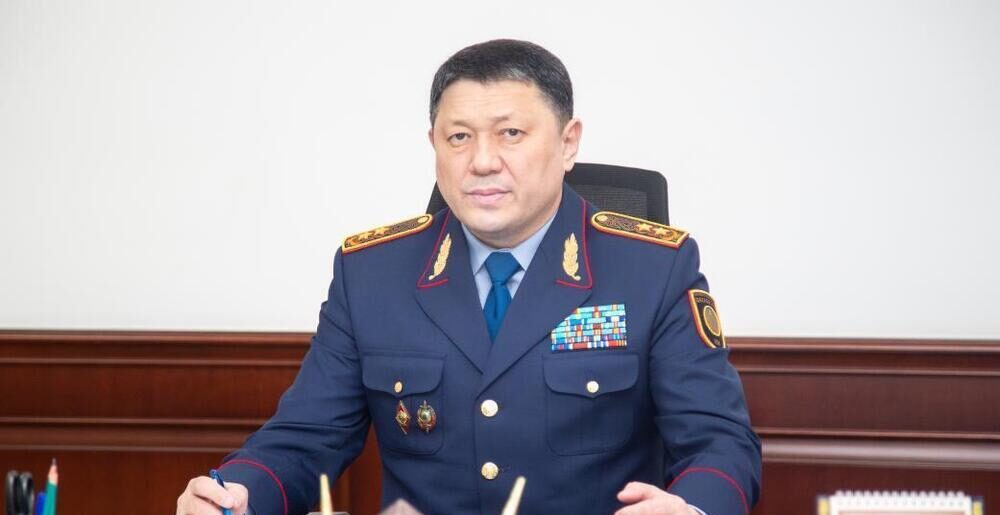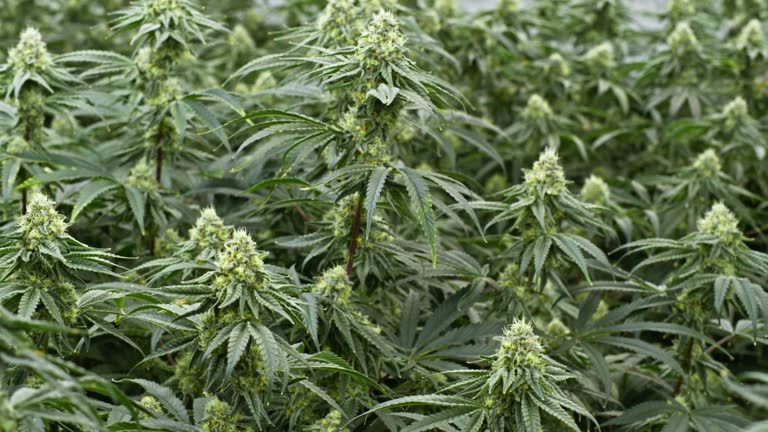Kazakhstan to Seek Extradition of Boxer Dmitry Bivol’s Ex-Wife
Kazakhstan’s Ministry of Internal Affairs plans to pursue the extradition of Ekaterina Bivol, the ex-wife of world boxing champion Dmitry Bivol, according to Deputy Minister of Internal Affairs Sanzhar Adilov. Dmitry Bivol, who was born in Kyrgyzstan and moved to Russia at age 11, married Ekaterina Burdinskaya before rising to prominence in professional boxing. The couple divorced while Bivol held the WBA light heavyweight world title. Following the split, Ekaterina repeatedly posted derogatory comments about Bivol and his relatives on social media. Despite the controversies, Bivol became the undisputed world champion in his weight class in February 2025. In the fall of 2025, a video circulated on social media in which Ekaterina Bivol made offensive remarks about Kyrgyz and Kazakh people. In response, Kyrgyzstan’s Ministry of Internal Affairs launched a preliminary investigation into the distribution of the video material. On October 25, the Pervomaisky District Court in Bishkek issued a preventive detention order and an arrest warrant for Ekaterina Bivol under Article 330 of Kyrgyzstan’s Criminal Code: “Inciting racial, ethnic, national, or interregional discord.” Soon after, Kazakhstan’s Ministry of Internal Affairs opened a similar criminal case. The matter is complicated by the fact that Ekaterina Bivol is a citizen of the Russian Federation. However, Adilov stated that Kazakhstan intends to seek her extradition if she is located within Russian territory. “A criminal case has been opened against her, and she has been placed on an international wanted list. The investigation is ongoing. We are in contact with the Russian police through special channels. If she is detained, we will raise the issue of extradition through the Prosecutor General’s Office,” Adilov said in response to journalists’ questions. Earlier this year, The Times of Central Asia reported that in May, Kazakhstan secured the deportation of Talgat Ardan, the former head of the Astana Light Rail Transit (LRT) project, who was wanted internationally for large-scale embezzlement. He was extradited from Turkey, a process made easier by the fact that he held Kazakh citizenship.






